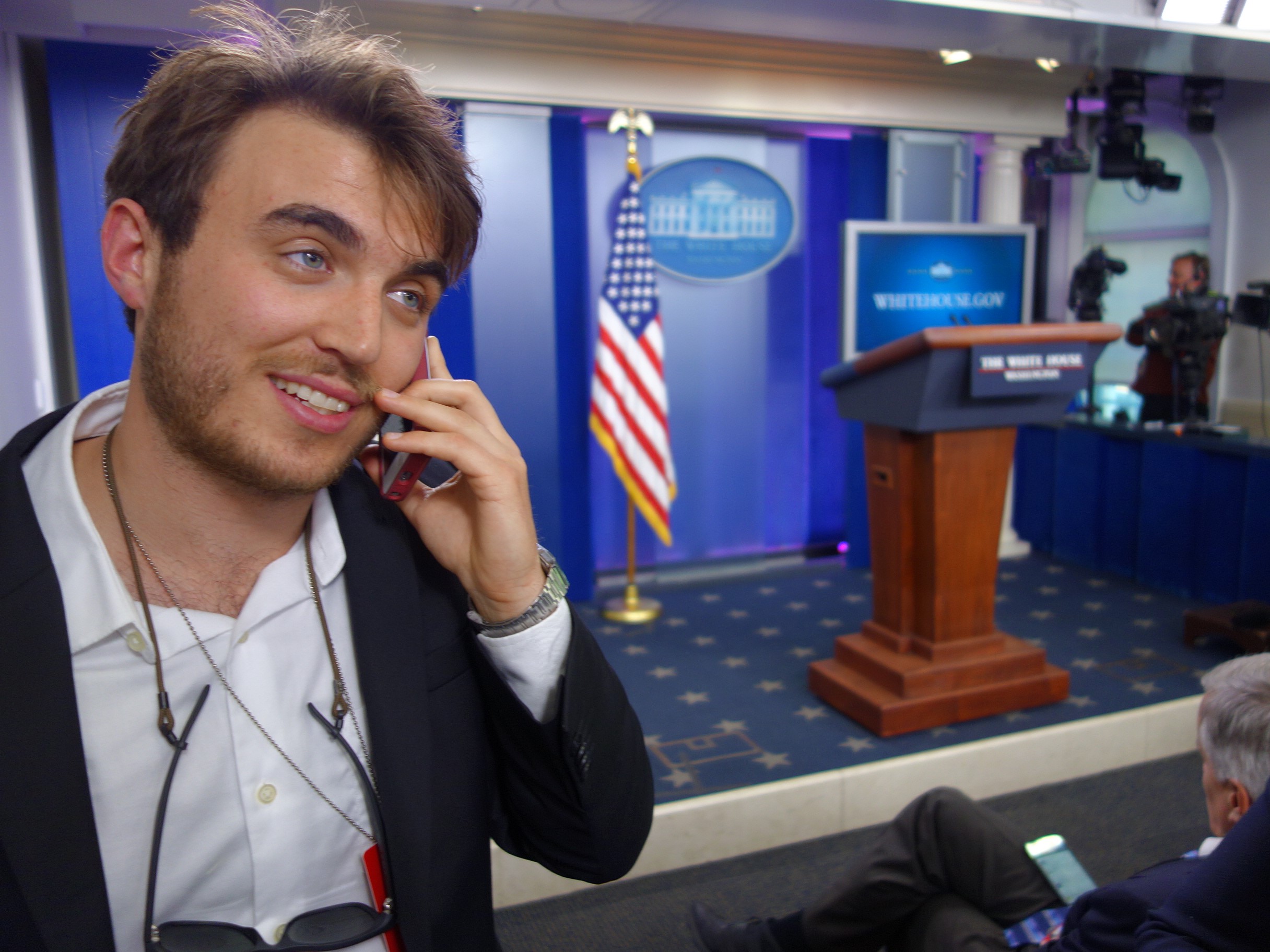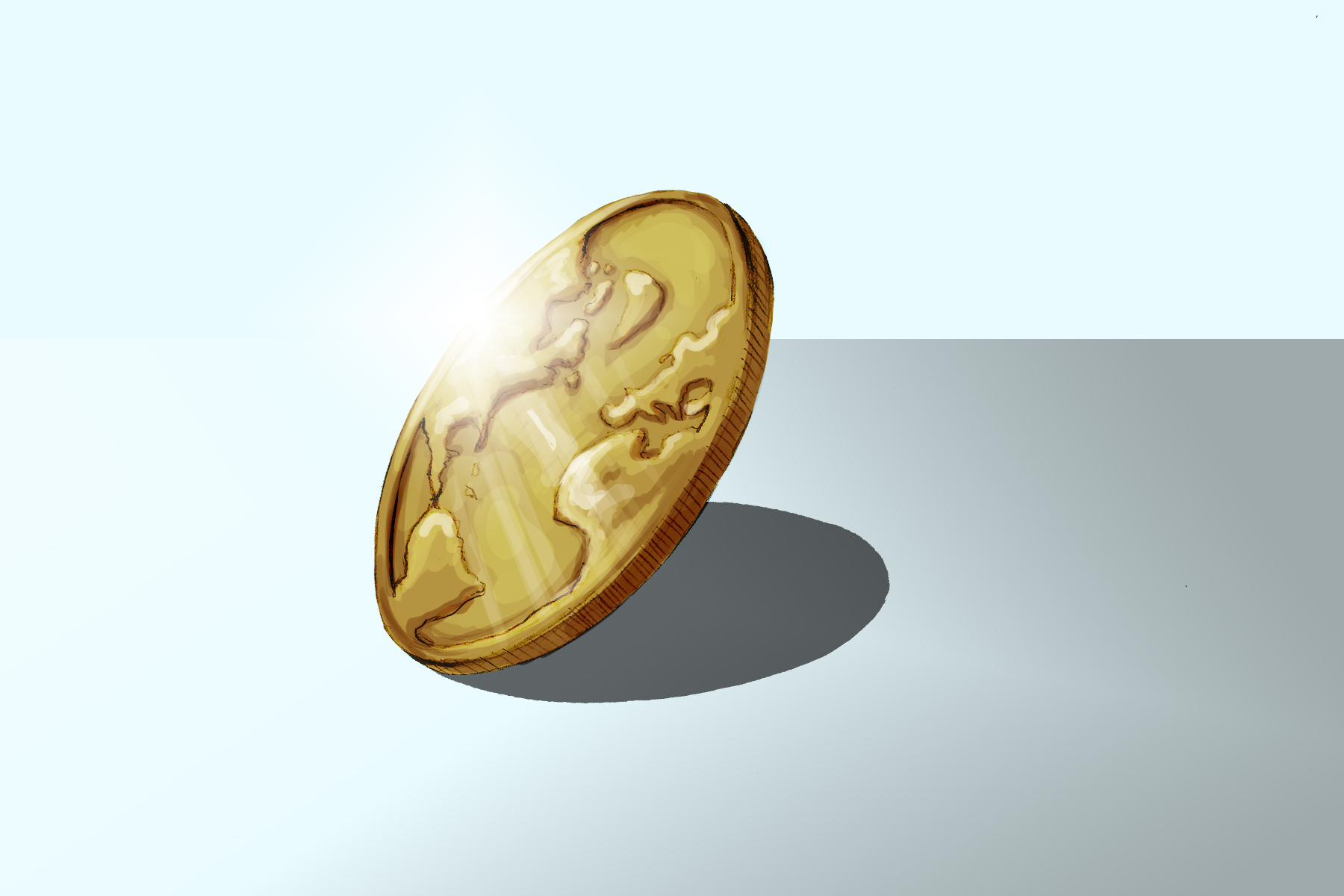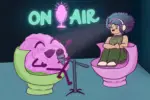A few weeks ago I wrote an article about why people who are interested in entering the realm of podcasts, but aren’t sure where to begin, should start with National Public Radio’s (NPR) podcast series, “Planet Money.” While I thought the article was convincing, I was still curious as to what the creators themselves would say to encourage people to listen, and what the process was for making a podcast so appealing to the majority.
Not satisfied with my own independent research, I decided to go straight to the source; I DM’d one of the “Planet Money” producers and hosts, Nick Fountain, on Twitter and inquired about his interest in answering a few questions for an article. To my surprise and excitement (honestly, I fan-girled a bit), he gave me a number to call and, after our introductions, described to me the ins and outs of creating an influential podcast. Here’s what he had to say.
Gracie Riley: So you guys cover some pretty complex topics in your podcasts. How do you take a serious issue someone brings to you and begin to think about how you should investigate it?
Nick Fountain: In the reverse way; there are several big ideas out there in the world that we’re interested in, but we rarely say, “We want to cover X, let’s go find a story that tells us about X.” Rather, we say, “Let’s go find some amazing stories, big ideas or we hear about or see something and think, ‘That’s amazing!'” and look for the really compelling stories.

GR: One of the “Planet Money” explanations on your website is “Imagine you could call up a friend and say, ‘Meet me at the bar and tell me what’s going on with the economy.’ Now imagine that’s actually a fun evening. That’s what we’re going for at Planet Money.” How do you guys go about doing that? How do you take a serious issue and turn it around so that it’s often lighthearted, funny, easy to listen to?
NF: We spend many, many weeks trying to get the funny tape and conversational talk. We actually just spent six hours in the studio for what’s going to be an 18-minute podcast. It takes a lot of effort.
GR: How do you know what’s working and what’s not?
NF: We’re just constantly bouncing ideas off each other. If it doesn’t interest us and our colleagues, we won’t pursue it. You learn a ton by gauging the room; oftentimes we’ll read our podcast out loud and play the tapes and people give feedback. Sometimes it’s laughing, and sometimes not. And sometimes it’s “That’s boring,” so we move onto something else or try to rework it.
GR: Why would you recommend this podcast specifically to people who want to start listening?
NF: That’s what I want you to do! Our main mode of advertisement is word of mouth; we haven’t figured out how to market it besides people loving the show and telling their friends. Our main goal for our listeners is just that they learn something and enjoy.
After getting off the phone, I was initially confused about Fountain’s response to my final question — How can he not know what to say to encourage people to listen? — before returning back to our interview questions and realizing that’s not the point; the producers and hosts at “Planet Money” aren’t just trying to make something that’s marketable to listeners. They care about the nature of the show, its content, and the issues they’re talking about; the fact that people listen to it and enjoy is simply an upside to the process.
Talking to Fountain really opened my eyes to how complex making a podcast really is, and how difficult the job can prove to be. So I’m going to do what Fountain asked me to, and recommend that all you wonderful people reading this article go give “Planet Money” a listen. There really is something to gain from listening to the team tackle controversial topics and turn them into entertaining segments. The subjects and issues apply to everyone, even if you’re not aware of it.
Get access to hundreds of their episodes on the NPR website.
















